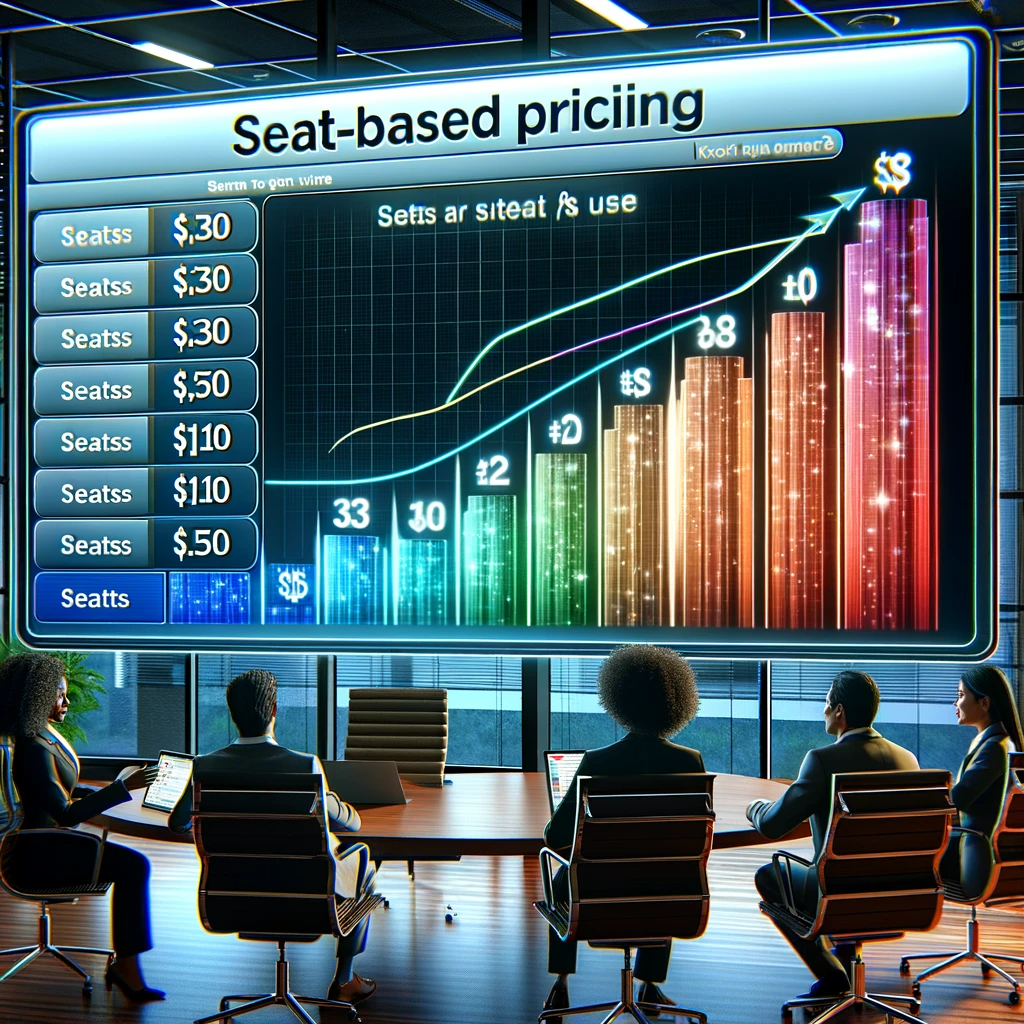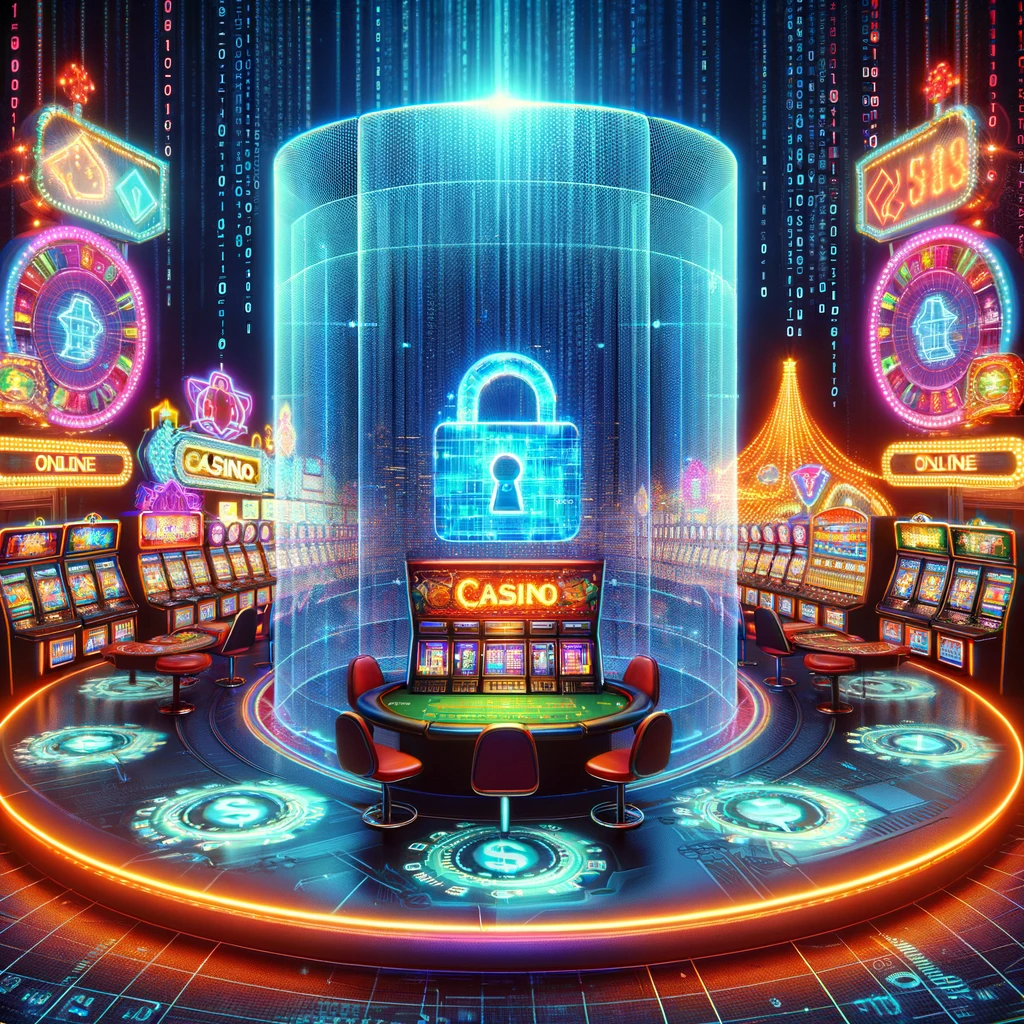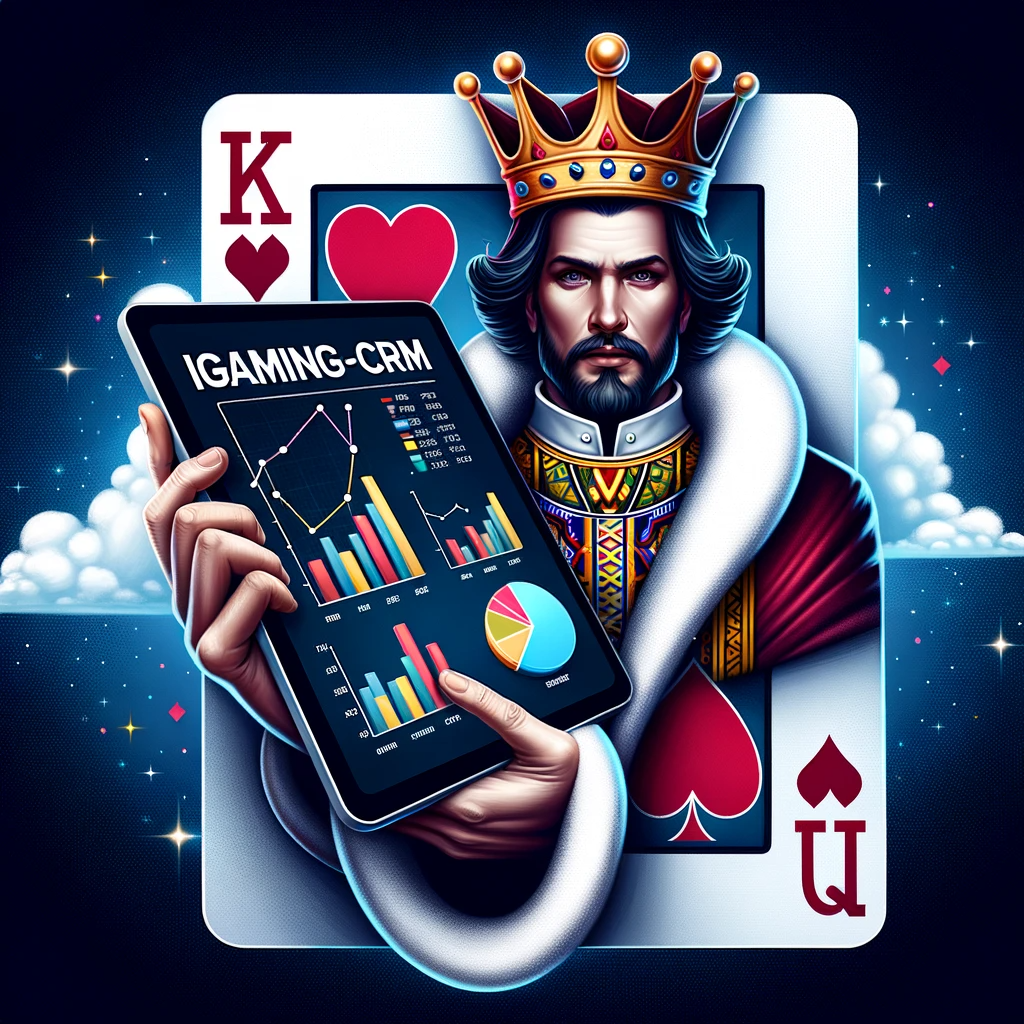Pricing Models of iGaming and Casino CRM Software
Long gone are the times when CRM was only used by corporate businesses because this software solution has been leaving its mark in the iGaming industry. It’s treated as an online casino software, which is used to manage customer relationships with higher efficiency. It allows casinos to streamline their work processes and improve support.
In fact, it helps maximize profits while promising an enjoyable and smooth playing experience. Not to forget, casino software solutions or gambling software offer insights about the players, their spending habits, their profits and losses, and additional data. This helps casinos and gambling platforms determine who the VIP customers are.
However, it’s not possible to implement casino management software unless you understand the pricing models. So, with this article, we are sharing details about the pricing models of online casino software!

Types of Pricing Models
The best casino software isn’t only about the features because you’ve to be careful about the pricing. That’s why you’ve to focus on pricing models, which help outline the cost of using casino management software in a proper structure. So, let’s see what different types of pricing models are;
1. Pricing By User
By setting a price based on the number of users who will use the platform, per-user pricing is one of the most popular ways to price CRMs. The price per person is set by the CRM provider for casino software, and it’s usually done every month. When your company signs up for the CRM, you choose how many seats you need at first and then add and pay for more people as needed.
Once you know how much each user will cost, multiply the price per user that the CRM company gives you by the number of users in your business. If, say, each user on the plan costs $22 per month and ten workers need to use the platform, the total cost for the month will be $220.
2. Tier Based Pricing
When used with per-user and flat-fee CRM pricing methods, tiered pricing makes sense. There are different subscription plans with different prices based on the number of users and the benefits included in each plan. Basic, Premium, and Enterprise plans are used by a lot of CRMs in different ways.
To figure out a tiered price for a per-user model, choose the plan you want based on the features it offers. To find the price of the plan, multiply the number of people by the price per month or per year.
Let’s say a CRM company has a Basic plan that costs $15 per user per month and a Premium plan that costs $30 per user per month and has more tools. It will cost $240 a month for your business to get the Premium plan with eight seats and all of its features. To figure out a tiered-based price for a flat-fee model, choose the plan you want and make sure it can handle the number of users in your company who will need access. Having said that, are you ready to see how three different subscription levels can work?
- The Basic plan costs $50 a month and lets up to five people use it.
- The Premium plan costs $80 a month and lets up to 12 people use it.
- The Enterprise plan costs $200 a month and lets you have an unlimited number of people.
3. Flat Fee Pricing
With this pricing model, you have to pay a specific price every month (or year), irrespective of how many features you use or how many users you have. In this pricing model, the number of users is limited, or CRM companies keep advanced tools and features for premium plans only.
Ideally, you should think about the CRM company’s plan price and include the setup charges. For instance, if they are charging $150 for twelve users without any setup charges, you will have to pay extra to increase the number of users for your account.
4. Modular Pricing
With modular pricing, CRM charges depend on your usage. For instance, you might have to pay for a certain number of emails you send. In most cases, these CRM providers have extra features and tools that you can purchase as an add-on to your base plan.
This way of setting prices is more complicated than just figuring out a basic price per person. Your business needs to look at the main CRM subscription cost and any extra purchases or usage costs to figure out the total cost of a modular usage pricing plan.
For example, imagine a CRM only offers one type of membership that costs $140 per month. Besides that, the platform charges $10 for every 100 calls that go out, and for $50 a month, it comes with built-in project management software that works with the CRM system. Since your company makes about 400 calls a month, subscribes to the CRM, and buys the project management software, your monthly costs add up to $230.
5. Subscription Based Pricing
Some CRM providers have a plan that is free forever as their base level. A lot of the time, these plans have limits on how many people can sign up and how many features are included. The idea is that as your business grows and needs more user spaces or extra features, you will switch to one of the CRM provider’s paid plans.

10 Types of Costs to Consider
When it comes down to casino gaming software, it’s needless to say that the pricing structures are pretty complex. However, there are many technical and operational costs that casinos don’t know about. So, let’s have a look at the common incurring costs so you can devise a proper financial plan!
1. License Costs
The first and foremost cost is for licensing. These casino CRMs usually ask for an upfront license fee, which is a one-time cost. It’s important to purchase the rights to use the CRM. In most cases, the license cost covers the game selection, integration, and initial setup. The license charges go over $150,000, depending on the features and reputation of the CRM provider.
2. Support and Regular Maintenance Costs
Once the CRM is up and running, you might have to pay a monthly maintenance and support cost. It covers technical assistance, software updates, and bug fixes. In some cases, it helps patch the support issues as well. The maintenance charges go over $5,000, depending on how much support you need.
3. Data Migration
In case you already have a CRM tool, data migration charges will incur if you shift to a new system. Data migration is a long and complex process, which is why professionals are hired. They can help map the data and ensure accurate migration. Keep in mind that your system might be shut off during this process, leading to a loss of business.
4. Revenue Sharing Costs
Some companies work on a revenue-sharing model, which means they get a share of the online casino’s monthly profits. This plan can be good for startups or people who don’t have much money to start with because the upfront costs might be lower. You might spend more money in the long run than with a fixed-fee plan, though. The amount is between 10% and 30% of the monthly gross income.
5. Training Costs
If your employees aren’t happy with the CRM tool you give them, they won’t be able to use it to its fullest. A knowledge base, frequently asked questions (FAQs), and video lessons are some of the support tools that most software companies offer. These can help you learn more about how to use the tool itself. Check to see if these tools are enough for you or if you need more help. This training will cost you more, but it will help your staff use the tool more easily for more difficult jobs in the long run.
6. White Labels
White-label online casino solutions are great for people who want to get started quickly and don’t want to deal with a lot of different vendors or difficult issues. From this point of view, you rent an already-running online casino and start using it under your own name. The source takes care of software, games, licenses, payment processing, and other things. The initial setup costs can be anywhere from $25,000 to $60,000, and the monthly fee or income share is between 15% and 40%.
7. Casino Centric Development Costs
If you have specific needs or want to make a unique platform, custom programming might be the best choice. In this case, the program is made from scratch just for you. Depending on how hard it is, it can cost anywhere from $100,000 to $500,000 or even more.
8. Hardware
If you want your workers to use the CRM tool on their computers or phones, you may need to upgrade your servers to meet the tool’s technical needs. You might also need to hire an IT expert to keep the answer running. Because these fees will add to the total cost of your CRM software, you should carefully look at your current IT setup before you buy any CRM tool.
9. Integration Costs
There are a lot of software packages that come with games, but you might want to add games from other makers. There may be a fee for each connection. Each game costs between $1,000 and $5,000, based on who made it and how popular it is.
10. Additional Features Costs
If you add features like support for multiple languages and currencies, advanced security measures, or VR and AR games, the price may go up. The price can range from $2,000 to $50,000, depending on how complicated the feature is.

Why Focusing on Casino Software Online is Essential?
Now that we have shared information about different pricing models by gambling software providers, you need to know why it’s important for iGaming businesses to use CRM.
Around the Clock Support
There are more and more excited customers all over the world who bet on sports and play low- and high-stakes games 24 hours a day, seven days a week. This is why it’s so important for business owners to have a way to gather useful information so they can make their services better and make more money.
Because every part of the business is linked to every other part, it is very important to have software that can fully track, analyze, and organize basic customer data. This includes making the user experience better and coming up with targeted marketing tactics that work. So, it’s important not to do manual data backups or take time off for repair.
All of these things and more can be done with high-end CRM software. Having such a powerful tool on hand is very helpful for keeping things running smoothly.
Proper Customer Profiles
Businesses can gain insights about their casino players by using advanced CRM systems that can keep track of and collect a lot of high-level user data. This is, to say the least, good news for companies that depend on sports betting and online gambling. Data can then be used to make user accounts that are complete and full of useful information. Some of these points include;
- How often people use the site or app, how long they stay there, and what they’re mostly interested in.
- What games do they like to play, or what kinds of bets do they like to make?
- In-depth information about how people play.
Customers’ data gives you valuable insights into how they act, what they like, and when and where they spend their money. All of this can, of course, bring many more benefits, such as making customers more loyal and likely to stick with you by personalizing your messages.
The Bottom Line
The pricing of CRM varies with total cost and pricing models, and they play an essential role in choosing the CRM system. The automation of casino CRM can be a game-changer for iGaming businesses because it promises player retention and loyalty.
